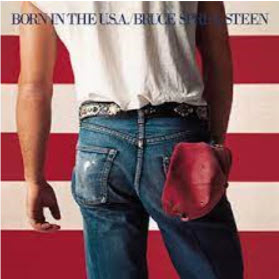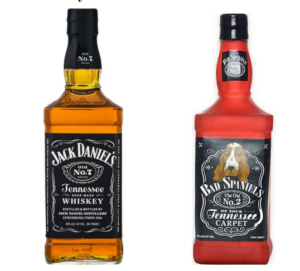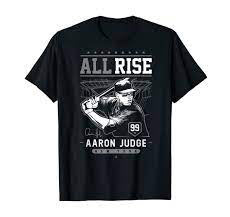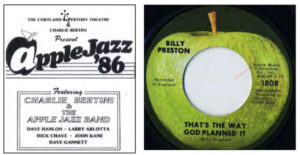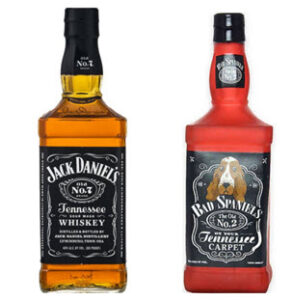Kelly IP and its attorneys are once again nationally recognized in the latest World Trademark Review 1000 (WTR 1000) rankings.
The firm earned “Gold” honors, WTR 1000’s highest recognition, as one of the top national trademark firms for the seventh consecutive year and a top-three Washington, DC Metro Area trademark firm for both trademark litigation and prosecution and strategy for the 10th consecutive year. Additionally, WTR 1000 named seven Kelly IP partners as leaders in their field. These individual recognitions demonstrate the high-caliber talent and exceptional trademark experience that define Kelly IP.
As a firm, WTR 1000 report describes Kelly IP as “a team of true experts in intellectual property, who operate at the highest level when it comes to both prosecution and litigation….”
WTR 1000 provided the following client feedback on Kelly IP’s lawyers:
- David Kelly was described as a lawyer who can “adroitly handle high-profile disputes and structure strong trademark portfolios.” Dave was named to the top Gold band of lawyers nationally and in the DC Metro area for both trademark enforcement and litigation and prosecution and strategy.
- Stephanie Bald “figures out creative solutions to complex problems and presents them engagingly in court.” WTR noted that she, Rob Litowitz, and Jason Joyal represented American Eagle Outfitters (AEO) in a trademark infringement suit against Walmart concerning AEO’s well-known pocket stitch on women’s jeans, and secured a favorable settlement for their client. Stephanie was named to the top Gold band of lawyers for trademark enforcement and litigation in the DC Metro area and Silver status nationally.
- Rob Litowitz was described as “an eloquent and tenacious litigator who consistently stays one step ahead of the other side.” Rob achieved Silver status for trademark enforcement and litigation in the DC Metro area.
- Lynn Jordan “is a go-to for media and entertainment companies seeking top-tier strategic advice” and was recommended for being “highly commercial, very responsive and tailoring her advice to suit the business needs of her clients. She acts as an extension of the in-house team and expertly weighs trademark issues against First Amendment issues.” Lynn was named to the Gold band of lawyers for trademark prosecution and strategy in the DC Metro area.
- Linda McLeod “demonstrates impressive versatility as a … prosecution pro and experienced litigator.” Linda is a former TTAB judge and achieved Gold status for both trademark enforcement and litigation and prosecution and strategy for the DC Metro area and Silver status for enforcement and litigation nationally.
- Jason Joyal “is brilliant at devising and executing impactful litigation strategies.” Jason was honored as a Bronze-tier lawyer for trademark enforcement and litigation in the DC Metro area.
- Kelu Sullivan was described as a “forward-thinking prosecutor” who “knows how to keep her patrons protected for the long term and leverages her previous litigation experience to spot potential issues and solve them swiftly.” Kelu was recognized in the Bronze tier for trademark prosecution and strategy in the DC Metro area.
WTR 1000, through an extensive research process conducted by a team of analysts who interview and communicate with numerous lawyers and their clients, identifies the leading trademark law firms and lawyers globally. The complete 2024 WTR 1000 can be found here.
